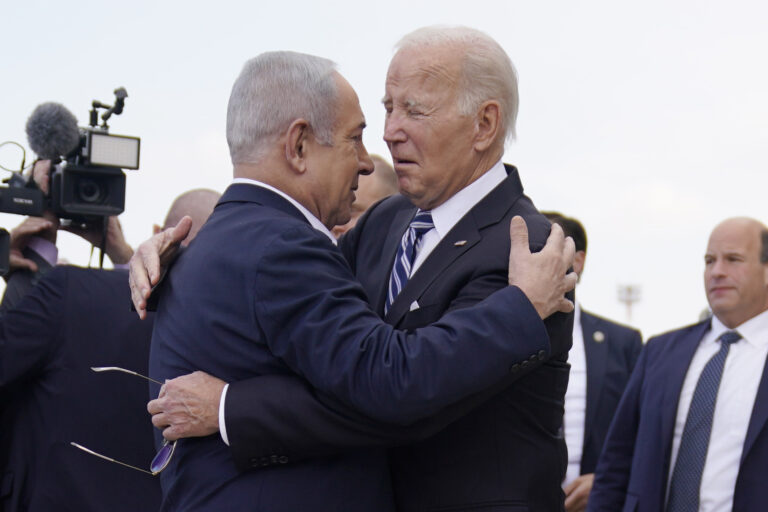 Coca-Cola says it will work to make lower-calorie drinks and clear nutrition information more widely available around the world, intensifying a push against critics who say its drinks pack on the pounds.
Coca-Cola says it will work to make lower-calorie drinks and clear nutrition information more widely available around the world, intensifying a push against critics who say its drinks pack on the pounds.
The Atlanta-based company, which makes Sprite, Fanta and Minute Maid, already offers diet drinks in most markets. But they’re not always as readily available in emerging markets such as China and India as they are in the U.S.
With sugary drinks coming under fire for fueling obesity rates, Coca-Cola Co. has been more aggressive in trying to convince customers its products can be part of a healthy lifestyle. That campaign has included the company touting its wide range of lower-calorie offerings. But Coca-Cola has also stood by its full-calorie drinks, saying that physical activity plays an important role in fighting obesity.
“There is a place for all of our beverages in a healthy lifestyle,” CEO Muhtar Kent said in a call with reporters Wednesday.
The announcement from Coca-Cola comes as packaged food companies across the industry look for growth in developing markets, where middle-class populations are growing rapidly. As more people head to cities and earn more money, they’re more prone to eating convenient packaged foods that critics say lead to obesity.
The shifting populations in such countries represent an enormous opportunity for U.S. companies. For example, Coca-Cola has noted that Americans on average drink 403 servings of its various beverages a year. That compares with just 12 servings per year in India and 38 in China.
And the company’s diet options aren’t nearly as popular in such countries. In the U.S., where sugary drinks are often blamed for making people fat, diet drinks now account for 41 percent of sales for the flagship Coke brand. That’s up from single-digits in the 1980s.
Even in the major Chinese cities, by contrast, the percentage of sales that diet options account for is in the “high single digits,” Kent said.
Coca-Cola Co. says its goal is to have diet options available wherever regular versions are sold. But that doesn’t mean there would be a diet alternative for every particular brand. For example, if a store in India sells Coke it might also offer Sprite Zero, which doesn’t have any calories, to meet the goal.
Coca-Cola also says it’s also working to have cans and bottles around the world display calories counts on the front of the label, as it does in the United States. But the company didn’t have a timeline for when it hoped to achieve its goals.
It also says it will stop advertising to children under 12 anywhere in the world.
The announcement build on a campaign the company started earlier this year. In January, Coca-Cola began airing its first TV commercial in the U.S. addressing obesity. That ad has since been rolling out to other countries.
(AP)











One Response
But people prefer higher calorie foods since they taste better. The problem isn’t with the company, it’s with the consumers. Only a totalitarian country could mandate that you prefer “Tab” to “Coke”.